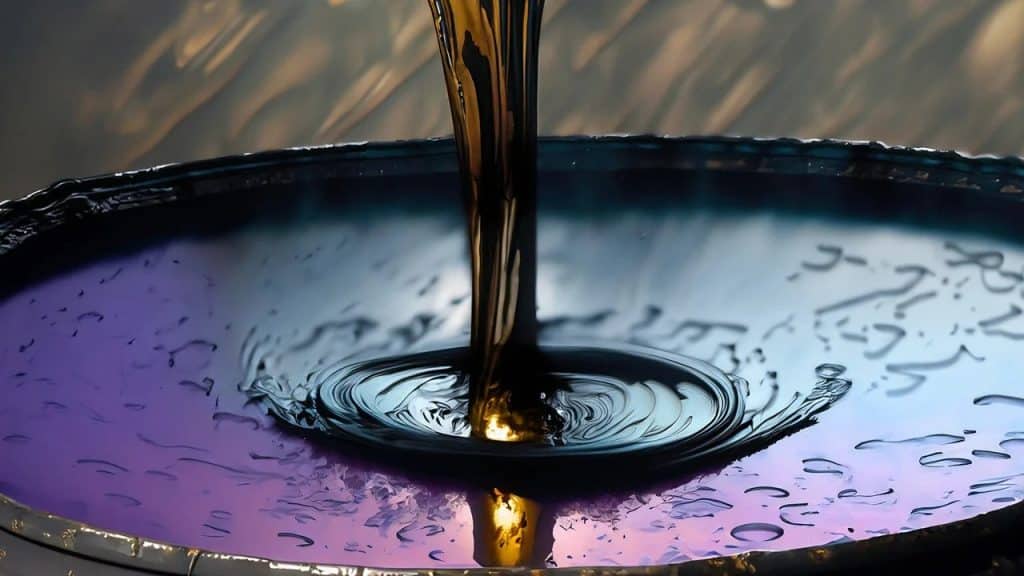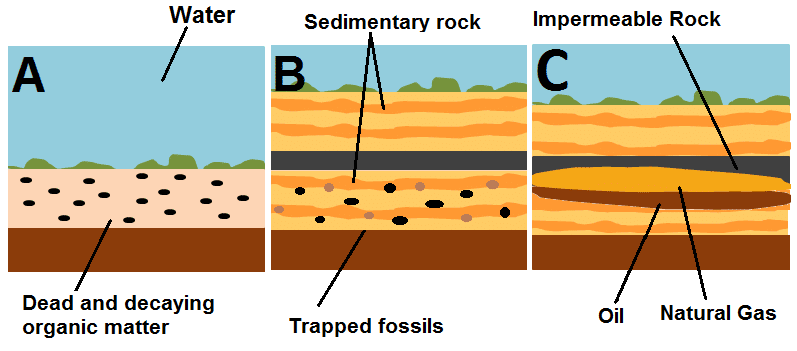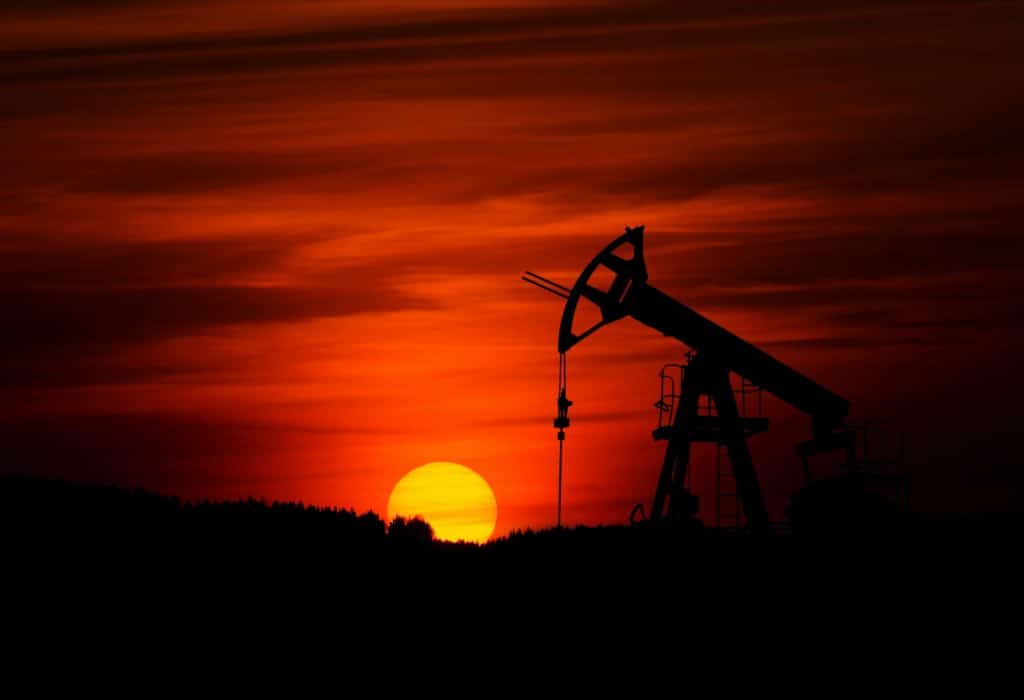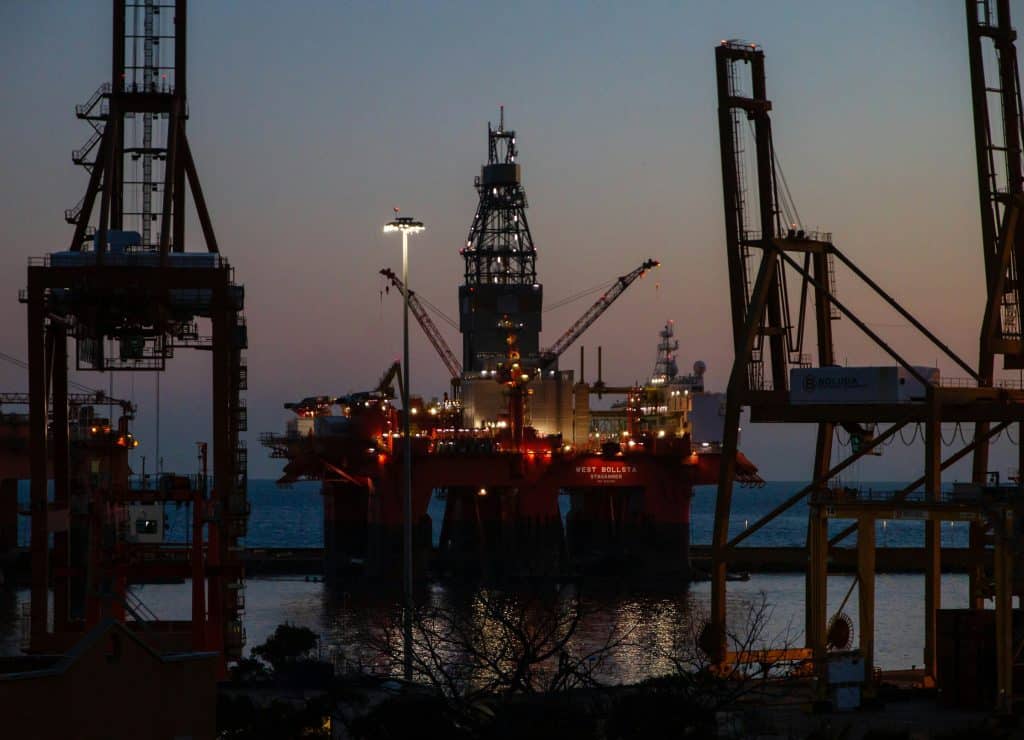Oil is an important resource that you can see everywhere around us. It plays an essential part in the quality of our lives, and it’s hard to imagine a world without it.
From transportation and heating, to electricity and manufacturing essential products for our daily routine, like household appliances, computers, plastics, paint, and cosmetics, the world we live in is highly dependent on oil.

But have you ever thought about where oil comes from? Or you’ve probably even heard and believed at some point that oil is made from dinosaurs.
What if I tell you that this most widespread belief about fossil fuels and dinosaurs is, however, a myth?
Surprised?
Well, it was quite a shocker for me, too, when I first learned about it! At some point, I also thought oil or fossil fuels were from fossilized dinosaurs before. Because, well, it says fossil. Funny, right?
But where does oil ACTUALLY come from?
If you’re curious, read on ’cause we’ll debunk this myth!
Facts About The Origins of Oil
Oil is formed from the remains of marine organisms, such as plants, algae, plankton, and bacteria, that existed in ancient oceans, even before the time of dinosaurs.
Some may even have lived before the Devonian Period, which was around 419.2 million to 358.9 million years ago.
These prehistoric organisms lived in shallow seas. After they died, their remains sank to the bottom of the sea. Over time, these tiny, organic materials accumulated, mixed together, and were buried by layers of sediment.

The high pressure and temperature from the Earth’s crust “cooked” and turned the organic remains into the sticky black oil we know today.
Millions of years of accumulation of organic matter in ocean floors led to the formation of millions of tons of oil.
From there, the oil gradually moved through the layers and flowed upwards until it hit a solid rock layer. This rock layer acts as a lid, which oil companies drill through to reach the oil.

Sometimes, constant pressure and movement of the earth’s crust would push the oil through gaps between rocks naturally.
Is it Possible for the World to Run Out of Oil?
Oil is a nonrenewable resource, meaning it has a limited supply and will run out or not be replenished when used up.
Since it takes millions of years to form oil under specific pressure and temperature conditions, creating new reserves would take millions more years.
Fossil fuel reserves are areas with proven or possible deposits of fossil fuels.

Although fossil fuel reserves are not necessarily emptying quickly, humans use more oil because of the increasing global demand for energy.
As a result, experts warn that we may eventually run out of these resources if we continue to consume them at the current rate. It’s predicted that we will run out of oil by 2052.
Comment below with your thoughts. Did you use to think oil came from dinosaurs?







